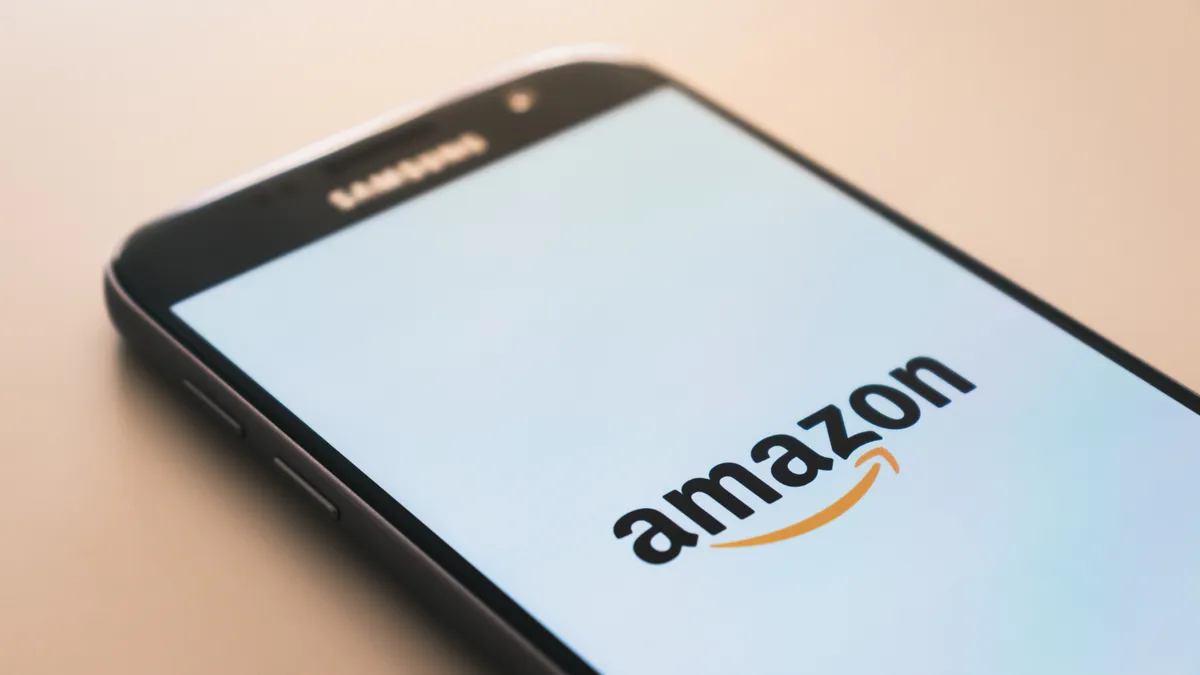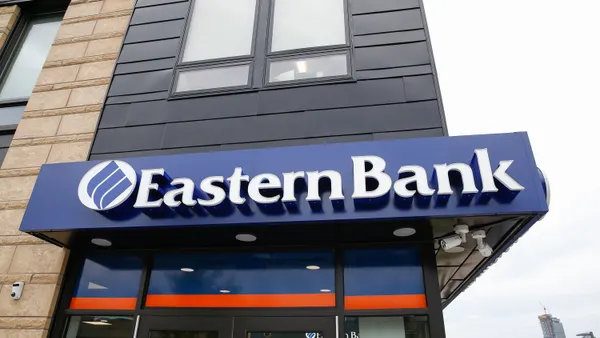Dive Brief:
-
Amazon is launching a digital credit line for U.S.-based merchants in partnership with Goldman Sachs's online bank Marcus, CNBC reported Wednesday.
-
Small and midsize businesses that sell on the e-commerce platform can access Marcus's revolving credit up to $1 million at a fixed annual interest rate of between 6.99% and 20.99% that can be drawn and repaid like a credit card, sources said.
-
"We're super excited about embarking on this journey with Amazon, and thrilled that they chose to partner with us," Omer Ismail, head of Goldman Sachs's U.S. consumer business, told CNBC.
Dive Insight:
Goldman Sachs's partnership with Amazon marks the second time within a year that the investment bank has inked a deal with one of the big four tech giants.
Goldman launched its Apple Card last August, which generated $2 billion in outstanding loans by the end of 2019.
In this latest deal, sources said Amazon will share merchant data with Goldman. With proper seller consent, Goldman will use data on businesses' revenue and tenure on the e-commerce platform to help determine who should be approved, people with knowledge of the matter said.
Goldman will only use seller data for credit lines and not to make other product offers, the sources said.
The partnership with Goldman represents the first time the e-commerce giant is allowing a third party to control the underwriting process, according to American Banker.
"Sellers can use funds to cover staffing and operations costs, buy more inventory for improved cost efficiency, invest in product development and manufacturing, or expand marketing efforts to build their brands and grow their customer base," Amazon said in an announcement to its merchants, according to American Banker.
Amazon merchants already have access to a corporate credit facility from Bank of America, sources told CNBC. That credit line will remain, in addition to Goldman's.
Goldman Sachs CEO David Solomon said in January that the investment bank aims to become a "banking-as-a-service" provider for big corporations.
"On the one hand, we are a bank with a balance sheet, with the ability to lend, and manage risk effectively," Ismail told CNBC. "On the other hand, we’re doing this with all the benefits of being a startup, i.e. no legacy technology, no legacy business models."
The Financial Times first reported in February that Goldman had started building software that would allow it to offer small-business loans to U.S. merchants on Amazon’s e-commerce platform.












